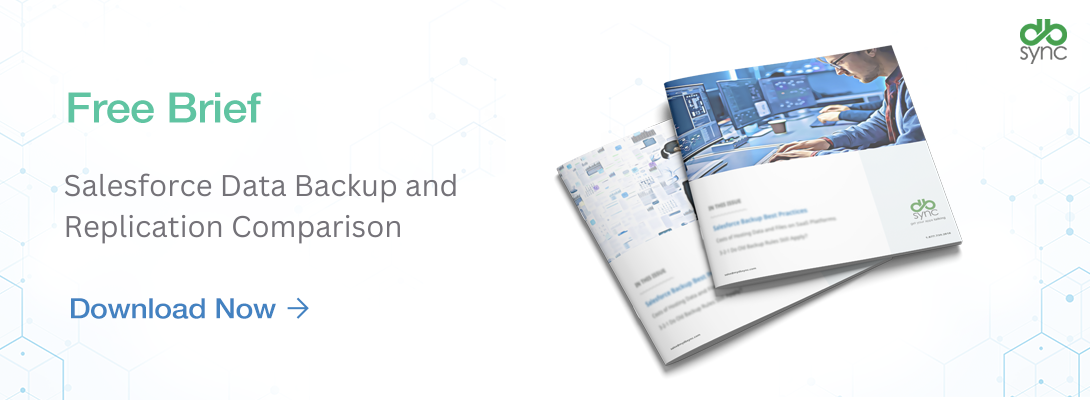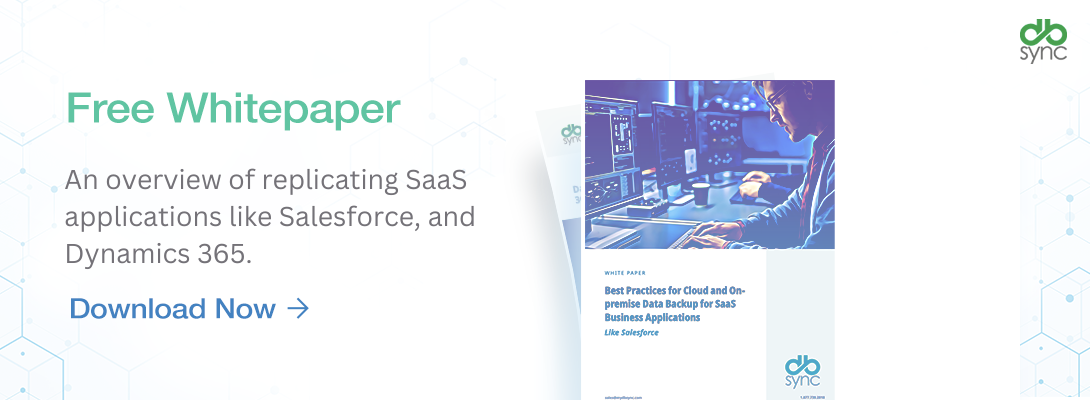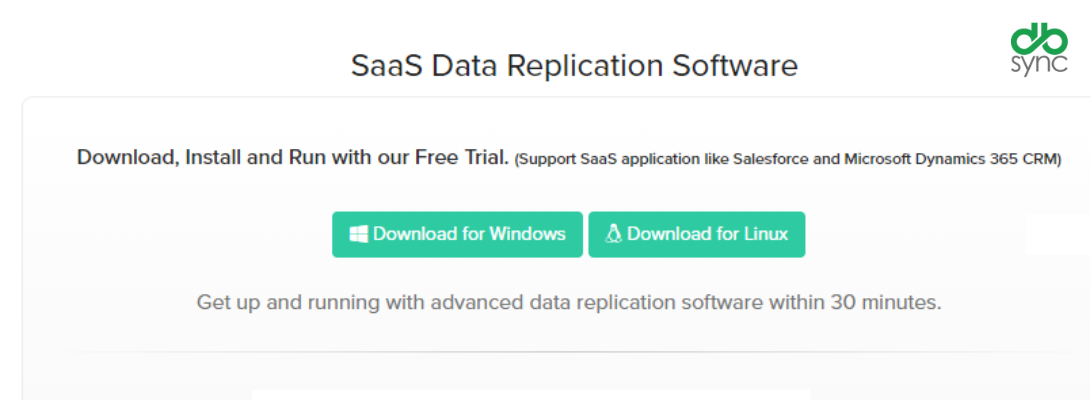Data Loss Can Torpefy Your Business
What does data mean in today’s business world?
In the age of information, data plays a vital role in the development of any business, and it can be very well said that success comes to those who can manage and protect their data in a better way.
Data gives information, knowledge, and ultimate wisdom for making correct decisions and proper actions that directly help in the growth of any business. Hence, it becomes crucial to protect your data from any loss or damage to keep your business operations smooth 24*7 without any glitch.
| The Ponemon Institute’s Cost of a Data Breach Report puts the average cost of a data breach at $3.92 million, with healthcare being the most costly industry. The average time taken to identify and contain a data breach is a whopping 279 days.As expected, the shorter the lifecycle of the breach, the better. A breach lasting under 200 days costs $1.2 million less than one with a life cycle longer than 200 days. |
–
Now the question is how data loss can affect your business and how Replication can rescue you from this situation. So let’s dive in to find the solution to these queries.
–
How losing data can affect your business?
In this digital world, data plays as the base of any business, and loss of data can result in a sudden break to your business, which can harm your business in many ways, such as:
1. Productivity disruption
Productivity suffers primarily when an organization loses its data irrespective of whether the loss is due to an unplanned network outage, software failure, malicious cyber-attack, or hardware failure. This can take days to recover, causing downtime and lost sales.
| According to Datto: “An hour of downtime costs $8,000 for a small company, $74,000 for a medium company and $700,000 for a large enterprise.” For large enterprises, this equates to around $11,600 per minute. |
–
2. Loss of reputation
In the age of information and digitalization, news travels at a very high speed. If your organization is not able to serve its clients due to data loss or ends up in the headline due to incident of data loss, it will create negative publicity for your organization and can damage your reputation permanently
–
3. Loss of confidential data
Data loss can lead to exposure of confidential and private information about your company, your clients, or your employees. If personal information about your client or employee is compromised, it can cost a hefty fine against your company for failing to comply with the data protection act.
| For businesses that did not adhere to these regulations, fines could be issued to the organization to the tune of up to £500,000 for failure to comply with the Data Protection Act 2018 |
The Information Commissioner’s Office (ICO) has fined Cathay Pacific Airways £500,000 for failing to protect customers’ personal data. The UK watchdog said the airline’s computer systems had exposed details of 111,578 UK residents and a further 9.4 million people from other countries. (Cathay Pacific fined £500,000 over customer data. (2020, March 4). BBC News. https://www.bbc.com/news/technology-51736857) |
–
4. Permanent failure
Data loss can cause many financial and non-financial damages to your company, out of which permanent failure is the worst one. Every year many companies have to close their services permanently after being struck by a significant data loss. The financial and non-financial loss constitutes a perfect storm that creates an impossible situation for recovery.
| 94% of companies suffering from a catastrophic data loss do not survive – 43% never reopen, and 51% close within two years. (University of Texas) 7 out of 10 small firms that experience a major data loss go out of business within a year. (DTI/Price Waterhouse Coopers) |
–
5. Losing customers loyalty
If customers lose his essential data due to data loss occurring in your organization, their trust and loyalty are tarnished, and they might take their business elsewhere. This news will ultimately come out, and it may be a tough battle to find a new customer ever again!
| Yahoo data loss Let’s take a look at one of the most significant data breaches in the 21st century, and its impact on the organisation whose customer data was hacked. Yahoo used to be an Internet giant. According to Lauren Johnson, Yahoo was seen as a digital pioneer. It was launched in 1994 by David Filo and Jerry Yang. Twenty-two years later when it was sold to Verizon in 2016, it had moved from a global Internet giant to a company that was struggling to compete in the same space as other search engine giants like Google. What made matters worse, was that while Yahoo was negotiating with Verizon, the company announced that in 2013-2014, its data servers were hacked a number of times and 3 billion accounts were affected. The details that were stolen across all the hacks were customer names, email addresses, phone numbers, dates of birth, passwords, as well as security questions and answers. This information about the data breaches reduced Yahoo’s sale price by about $350 million. However, the sale price reduction was just a minor consequence of the data breaches. Ever since the announcement that 3 billion customers’ data was exposed and stolen, the company has battled to regain the territory it lost to other Internet giants like Google and Microsoft. The bottom line is that consumers do not trust Yahoo to keep their private data secure. (The Scary Effect of Data Breaches on Your Customers’ Loyalty. (n.d.). Retrieved August 7, 2020, from https://www.digitalinformationworld.com/2019/02/effect-of-data-breaches-on-customers.html) |

–
Hence, loss of data can be a very costly affair irrespective of the size of the companies. In many cases, it takes years for the companies to recover and get back in a competitive business environment while in some situations, it can even lead to a permanent shut down!
How can Replication help you?
One of the most common uses of Replication is data recovery, which also provides accurate security at all times against any catastrophe, system breach, or software and hardware failure, where data may be compromised.
Replication focuses on ensuring that all your critical applications are up and running even after an outage. The main purpose of Replication is to provide Disaster Recovery, i.e., easy and quick resumption of work after any corruption or outage.
Replication also improves and optimizes server performance. With the help of Replication, businesses can run multiple replicas at multiple servers helping users to access data faster and also provides an additional feature of analytics replication. Data-driven organizations can replicate data from various sources to data warehouses, which allow them to power their BI tools.
By making data present at multiple locations, it ensures the large-scale sharing between various systems and thereby spreads the load of the network. The following are the various benefits of using data replication software to an organization:
- Better reliability and availability: as data
is present at different locations if one system fails due to any reason, data
can quickly be recovered from another location. - Lower latency in data access: as data is available
at multiple locations, the required data can be accessed from a closer location
to where the transaction is being executed - Powerful analytic support: making data
available from different sources to a data warehouse empowers other teams to
work together on a common project and facilitate the use of business
intelligence tools and improve the overall business process. - Enhance test system performance: as Replication
simplifies synchronization and distribution of data, it creates quick
accessibility of data for test systems enabling faster decision-making
capabilities.
–

How Replication works
Replication involves writing or copying the same data to different locations. For example, data can be copied between two on-premise hosts, hosts in other locations, multiple storage devices on the same host, or to or from a cloud-based host. Data can be copied on-demand or transferred in bulk or batches according to a schedule, or replicated in real-time as the data is written, changed, or deleted in the master source.
Data replication stores your data in more than one site or node, which increases the availability of data. It copies your data from one server to another so users can share the same data without any inconsistency. It creates a distributed database where users can access the relevant information according to their requirements without interfering with others work.
How can we help you in replicating?
At DBSync, we provide you with a simple and cost-effective way to replicate your salesforce data. Our cloud replication can automatically create salesforce object schemas, replicate objects in real-time, create or update Salesforce records from your database irrespective of the platforms like AWS, windows, Linux, etc. Few significant benefits of using our replication software are listed below:
- Fulfill all your compliance and security requirements.
Archiving your cloud application data with Cloud
Replication helps you comply with FINRA and other requirements. Snapshot-based
tracking means you stay on top of regulatory requirements for versioning. - Zero Administration – set it and forget it.
Automatic schema creation and adjustment means zero
effort on mapping schemas. The ability to run database queries on Salesforce
data reduces API usage and query latency. - Easy enough for business users.
No API experience? No Problem! Download the data
directly and manipulate it from the database to see your updates right in your
CRM. - Deploy and Run anywhere.
Support for the cloud (AWS) and on-premise database
back-ups such as Oracle, SQL Server, MySQL, Snowflake, and more. Run it in
batch or real-time incremental data replication. - Adopt Salesforce with your AWS and Big Data.
Cloud Replication’s support for Cassandra and Amazon
Redshift helps you harness the power of Big Data for your business. - No per-user licensing, simple pricing model.
Our pricing model provides a ton of features at a
reasonable price.
With our Replication, you can save huge amounts of money that you might lose due to data loss just by spending $2k per month on an average, which keeps your business running and ensures the safety of your data.
Conclusion
There is no denial to the fact that data is acting as a fuel for the modern business world, and to sustain, grow and thrive in your business, one needs to ensure an uninterrupted supply of the fuel, i.e., data. Hence, each and every company must ensure the protection and security of their valuable data as losing it can result in substantial monetary losses, reputational losses, and in some cases, businesses can’t even recover with the loss accrued to them, resulting in permanent closure. One of the most effective solutions to avoid any of these is provided by Replication, which works as an effective way of protecting data and ensures business continuity 24*7*365.
Download the Free Developer Version Now
Unleash the true potential of your Salesforce cloud data with ease. Say goodbye to hidden APIs and inaccessible information. Experience the game-changing benefits of DBSync’s innovative solution that revolutionizes data replication and delivery for your IT needs.

Step 1: Download our Developer version now.
Step 2: Effortlessly set up with our user-friendly interface.
Step 3: Seamlessly replicate Salesforce data into your database.
Step 4: Achieve unrivaled compliance and security without any hassle.
